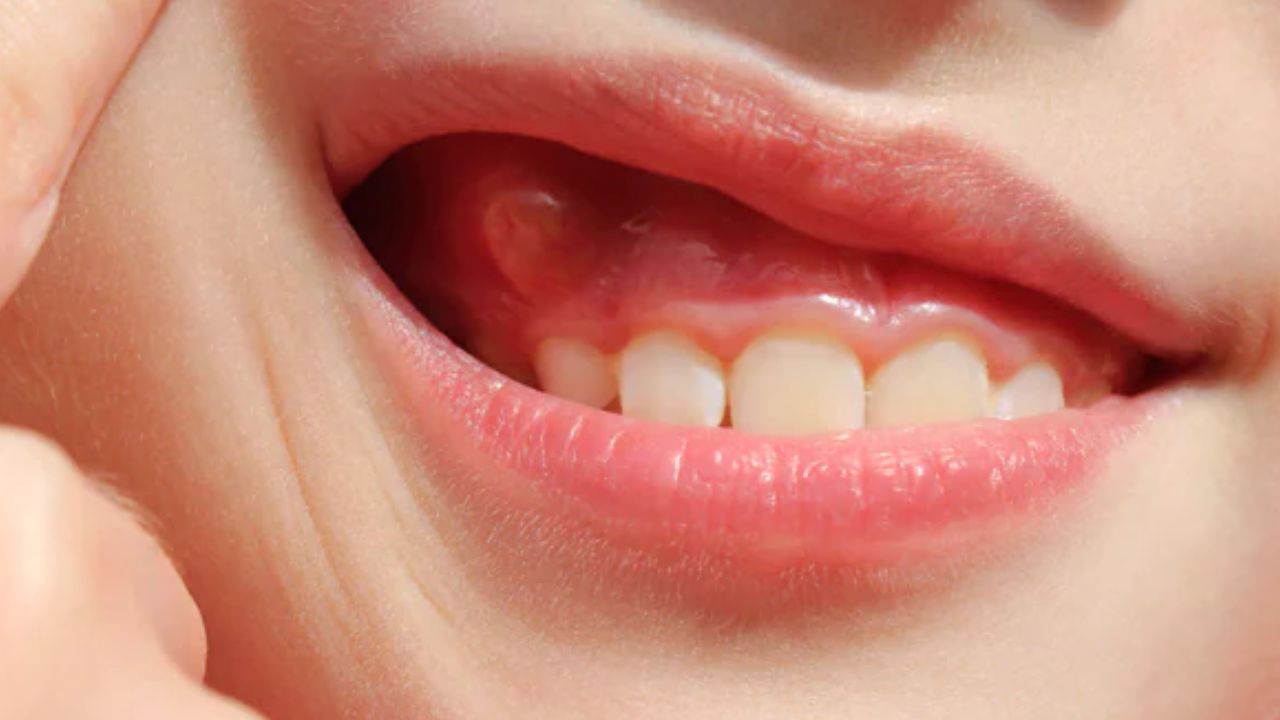
DiYES International School – Swollen Gums in Kids can be alarming for any parent, especially when they appear suddenly or are accompanied by other symptoms. It is natural to worry when a child complains of pain in their mouth or when the gums look red and puffy. Gums that are swollen are often a sign that something is wrong beneath the surface possibly an infection, poor oral hygiene, or irritation caused by new teeth.
These symptoms should never be ignored, particularly if they worsen or persist. Sometimes, swollen gums are simply a minor issue that clears up on its own, but other times, they may require professional dental care. Parents should be observant and act swiftly when gum changes are noticed. Prompt attention can help prevent complications and ease the child’s discomfort. Keeping an eye on the child’s dental habits and overall health is the first step in protecting them from oral pain or future issues.
Swollen Gums in Kids are frequently caused by a range of factors, many of which are linked to oral hygiene, dietary habits, and developmental changes. The eruption of new teeth can cause inflammation and soreness, particularly during teething phases in infants and toddlers. Poor brushing or infrequent flossing allows plaque to accumulate, which irritates the gumline and leads to swelling. In some cases, braces or dental appliances may rub against the gums, creating irritation and triggering inflammation.
A diet high in sugar can also contribute to gum problems, as sugary substances feed bacteria in the mouth that cause decay and gingivitis. Sometimes, viral or bacterial infections like herpes simplex or hand-foot-and-mouth disease may be responsible. These infections can result in painful, swollen gums accompanied by fever or blisters. Allergic reactions to toothpaste or certain foods might also be at fault. Identifying the exact cause helps parents choose the right response and provide effective care for their children.
When dealing with swollen gums in children, there are certain warning signs that should prompt immediate action. If the gums appear severely red or are bleeding even without brushing, it may indicate a serious infection or underlying gum disease. A high fever, difficulty eating, or complaints of intense pain are additional indicators that professional help is needed. Pus or a bad taste in the mouth can be signs of an abscess, which requires urgent dental treatment.
In some cases, swollen lymph nodes in the neck or persistent fatigue can accompany gum issues, hinting at a more systemic condition. When these symptoms are present, delaying care could worsen the child’s condition. Dental infections can spread if untreated, leading to more complex health problems. A pediatric dentist should be consulted as soon as these signs are observed. The earlier intervention is made, the better the outcome for the child. Parents must be proactive and not wait for symptoms to disappear on their own.
“Read about: Australia Investigates Childcare Abuse: Mass Screenings Ordered for Exposed Children”
For mild cases of swollen gums in kids, treatment can often begin at home under careful observation. Gentle brushing with a soft-bristled toothbrush and warm salt water rinses may help reduce inflammation and clean the affected area. Over-the-counter pain relievers that are suitable for children can also be used to manage discomfort. A balanced diet with reduced sugar intake supports healing and prevents further irritation.
Hydration is crucial, as dry mouths are more prone to bacterial growth. If the swelling does not improve within a few days, or if it worsens, dental intervention will be necessary. A dentist may perform a professional cleaning or prescribe an antibacterial mouthwash. Infections, when diagnosed, are often treated with antibiotics. Braces or dental appliances may be adjusted if they are causing irritation. It should be noted that while home remedies are useful, they are not substitutes for proper medical care when the gums continue to show signs of distress.
“Read more: Children Held and Abused in Cambodia’s Online Scam Factories, Amnesty Reports”
Preventing swollen gums in kids begins with establishing a strong dental hygiene routine from an early age. Children should be guided to brush their teeth twice a day and floss regularly. Fluoride toothpaste is recommended to strengthen enamel and prevent decay. Regular dental checkups help monitor gum health and catch problems early. Limiting sugary snacks and drinks reduces the risk of bacterial overgrowth in the mouth.
Encouraging the consumption of water, fruits, and vegetables can contribute to healthy gums and teeth. Dental visits should begin by the first birthday and continue every six months. Parents should supervise brushing until the child is capable of doing it thoroughly on their own. Dental habits that are taught early tend to last into adulthood. If orthodontic treatment is required, it should be accompanied by special care instructions to prevent gum issues. By taking these simple yet effective steps, many causes of gum swelling can be avoided, and children can maintain a bright and healthy smile.